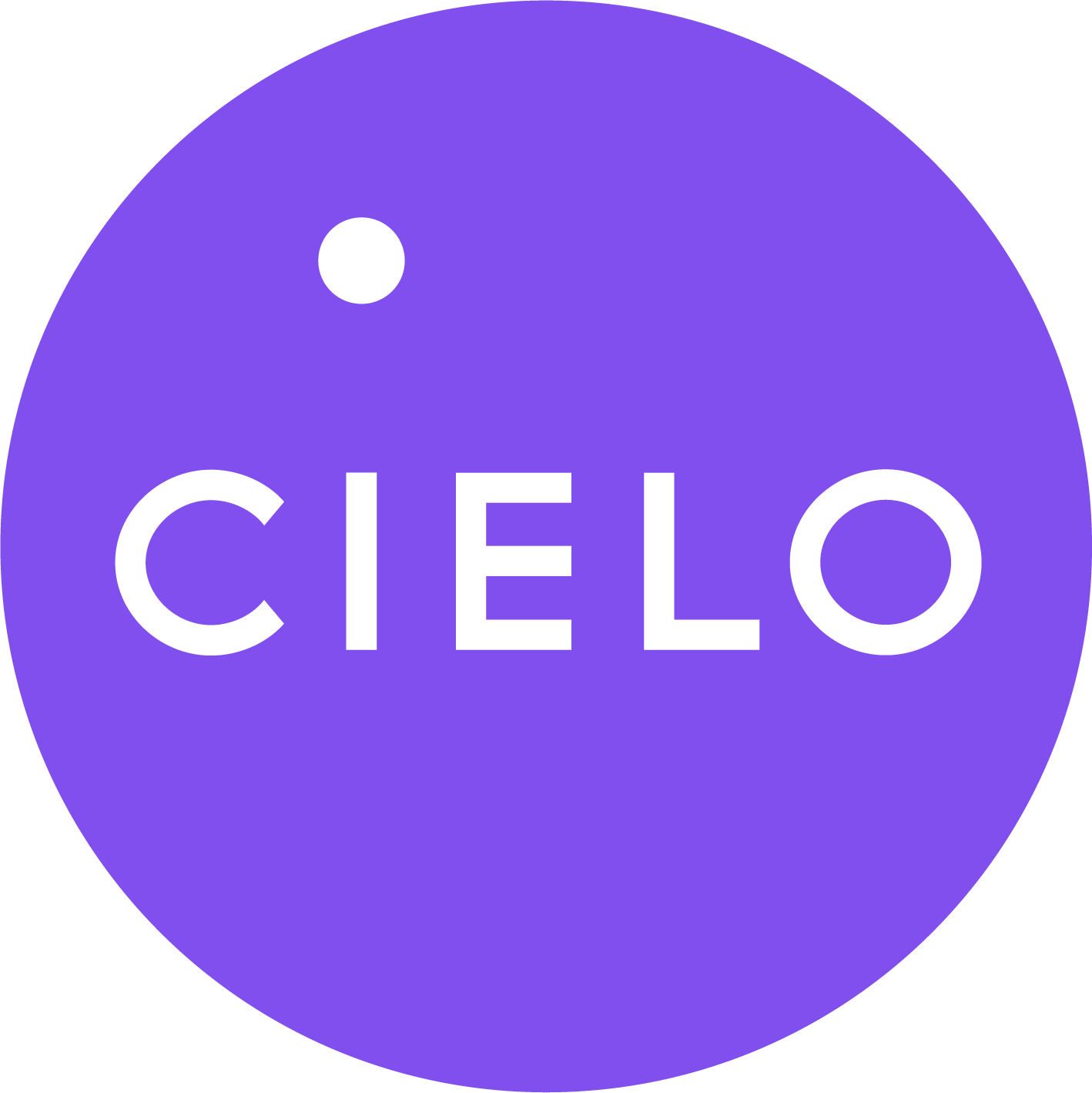By Javier Carrasco, Global Senior Vice President
In the past, large pharmaceutical organisations have tended to operate with the global headquarters' in-house talent acquisition function. Over the last couple of years, however, there has been a notable shift with five out of the 10 largest global pharmaceutical organisations making the change from in-house recruitment teams to utilising Recruitment Process Outsourcing (RPO) – both on a global and multi-country scale.
In our recent research report "European Talent Acquisition Trends: Productivity, Profitability and Personal Impact," 58% of life sciences organisations stated they utilised an RPO provider – a stat I can only imagine will get bigger over the next few years. A McKinsey report (“Detailing the New Landscape for Global Business Services”) outlines the popularity of partners within the talent acquisition space, saying, “third-party providers are adopting more aggressive commercial strategies designed to own outcomes rather than simply provide resources. Thus, companies are being forced to rethink their sourcing strategies and the impact of sourcing on their GBS programs."
If we study the organisations embracing this change, it is easy to see why a life sciences or pharma RPO partnership will provide benefits:
- Reduce time- and cost-per-hire: Recent financial challenges in research, development and commercialisation in pharma have led stakeholders to reconsider their fundamental ways of operation. The challenges are driving them to look for alternative models to reduce their fixed costs and improve efficiencies in all functional areas that are not considered core for the business.
- Geographic location: Talent differs between mature and emerging markets: In mature markets, in-house recruitment teams are usually well-established. However, the growth of the sector has significantly shifted towards emerging markets. In Asia and LATAM, recruitment has traditionally been managed as part of HR. Some reasons include local HR being able to cope with the language barriers and cultural differences that can make these regions hard to recruit for. RPO partners are equipped to handle the growth in emerging markets because of their in-country knowledge, specialist recruitment skills, and ability to flex and scale dependent on need. Bringing in an RPO frees up local HR from recruitment, making HR more efficient.
- Digital landscape: Technology, big data, and new partnerships are disrupting traditional talent strategies and transforming the types of talent that have typically been in demand for pharma companies. Top talent can now come from outside industries that have already made the digital transformation – such as financial services, technology or consumer electronics. The challenge will be to persuade them to move from these industries to pharma.
- Candidate experience: The candidate experience and process need to be fluid and personal. This is not an easy feat when the in-house team is already stretched and contractor recruiters are being used. An RPO service, on the other hand, can help to keep candidates warm and onboard candidates into the organisation. This can relieve a great deal of pressure on organisations and enhance the experienced so much so that candidates are unlikely to drop out of the process.
- Difficulties to flex and scale in-house talent acquisition teams: Recruitment in pharma has peaks and troughs depending on seasonality, cycle of drug development, and commercial geography that force the usage of contractors and agencies for augmentation of the in-house talent acquisition teams.
- Shared services centres: As part of the alternative models to reduce costs and improve efficiencies, pharma companies have established large shared services centres (SSC) in lower-cost countries for some of their corporate functions. As Deloitte discovered in 2017, although transactional processes remain predominant at SSCs, adoption of more complex, knowledge-based processes has doubled or even tripled since 2013, meaning that more niche and complex roles will be needed in the future. These require high volumes of recruitment with niche functional and language skills during limited periods of time (18 months to two years), and organisations have used RPO firms for this purpose.
- Global sourcing ahead of the curve: Due to the global nature of pharma talent and the international mobility of those people, the need to generate talent pools and communities is critical in order to reduce time to hire and ensure availability of talent for the future. A recent PricewaterhouseCoopers (PwC) survey found that 76% of pharmaceutical CEOs are concerned about the availability of key skills so talent pooling is extremely important for these organisations – providing a way to remain engaged with candidates who could potentially work for the business in the future. In-house teams stretched for resource are finding it increasingly difficult to grow, invest and create talent pools as their key focus and metrics are filling live vacancies.
- Spiralling cost of agencies and search firms: Due to the shortage and changing landscape of talent and the need to reduce costs on non-core functions, pharma organisations with established in-house teams have seen the cost of agencies and search firms increasing significantly year on year. Thirty-four percent of organisations surveyed in Europe stated that they used recruitment agencies for over 20% of their roles – a very costly exercise.
- Risk/compliance: In such a highly regulated industry and with all the new legislation on data protection being introduced, organisations are looking at mitigating risks and better reporting and compliance.
- Technology and automation: The in-house recruitment teams of pharma organisations have been finding it extremely difficult to afford specialised technology (CRM, selection tools, AI, etc.) and keep it updated.
- Managing, training and development of in-house teams: For pharma organisations, it has become increasingly difficult to hire recruiters with the relevant experience, which means that several recruitment contractors are used and attrition within the talent acquisition team is high. The difficulty of managing geographically dispersed teams increases resource costs and career progression is hindered due to their being no career paths set for smaller regions. In turn, this can lead to increased salary rise and attrition problems. RPO organisations can offer the career progression, development, and mobility to recruiters that in-house teams cannot.
Organisations need to consider all of the above and perform due diligence to make sure that their talent acquisition model is delivering the right results. After all, it is best to follow the curve than to be behind it.



